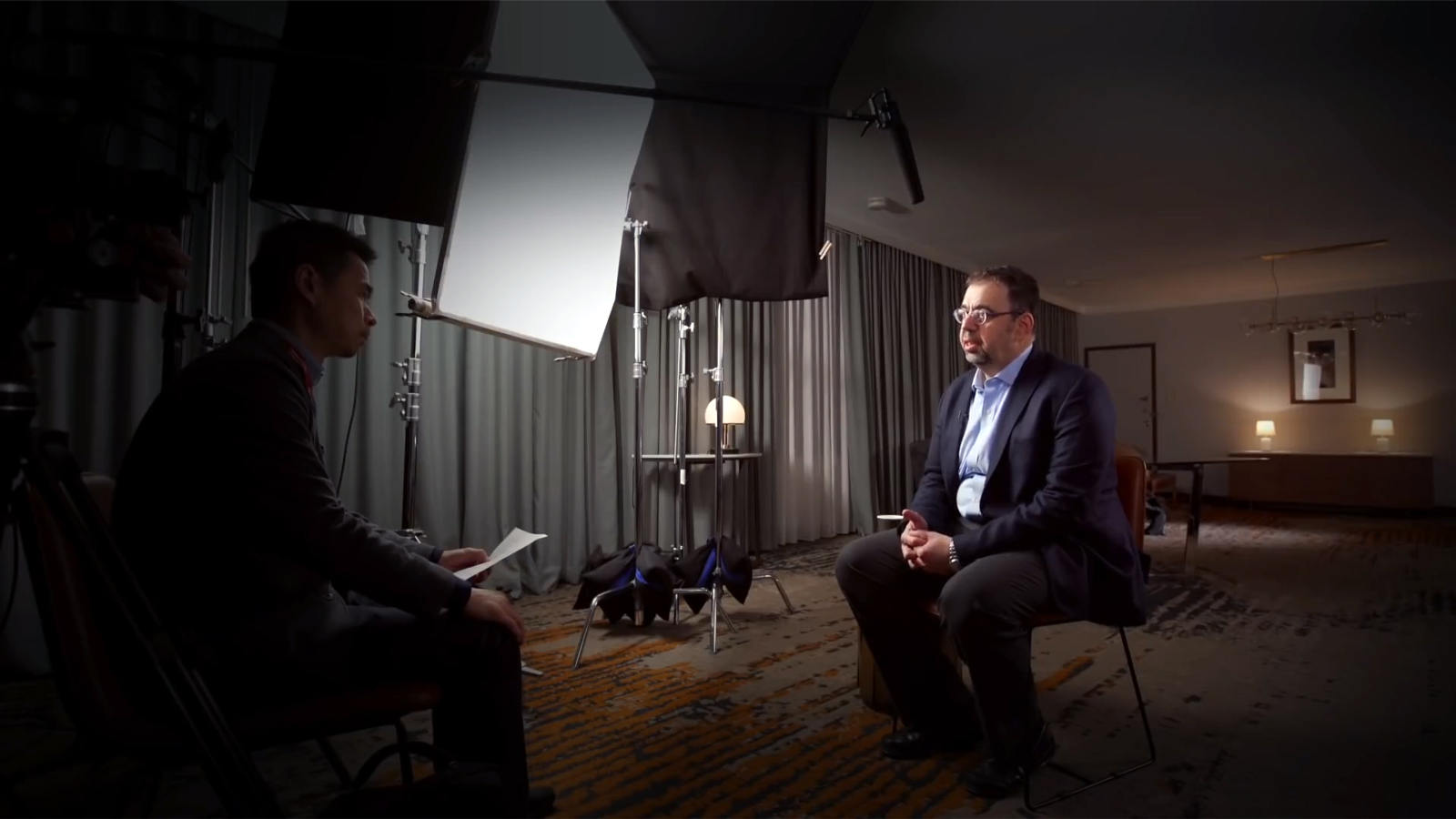Companies and investors have spent billions of dollars building AI. Currently used LLM models such as GPT-4o have already cost hundreds of millions of dollars to train, and the next generation models have already begun to be developed, which will cost as much as $1 billion. However, Goldman Sachs, one of the world’s leading financial institutions, is questioning whether these investments will be profitable.
Venture capital firm Sequoia Capital recently looked at AI investments and calculated that the industry as a whole would need $600 billion in annual revenue to recoup its initial investment. So with big companies like NVIDIA, Microsoft, and Amazon spending billions to get ahead in the AI race, Goldman Sachs interviewed several experts to ask them whether investing in AI actually pays off.
The expert opinions in the Goldman Sachs report are currently split into two camps: one group is skeptical, stating that AI will bring limited benefits to the US economy and will not solve complex problems more economically than current technologies, while the other group believes that the capital spending cycle for AI technologies is promising and similar to what previous technologies have gone through.
MIT professor Daron Acemoglu estimates that generative AI will have a limited impact on the economy, boosting productivity by about 0.5% and increasing GDP output by 1%. That contrasts with the predictions of economists at Goldman Sachs, who projected a 9% increase in productivity and a 6.1% increase in GDP. He adds that while AI technology will eventually evolve and become less expensive, he’s not convinced the current trend of pumping more data and computing power into AI models will make the vision of artificial general intelligence a reality any sooner.

“Human cognition involves many types of cognitive processes, sensory inputs, and reasoning capabilities. Today, large-scale language models (LLMs) have proven to be better than many expected, but it still takes a big leap to believe that an architecture that predicts the next word in a sentence will achieve the same intelligent capabilities as HAL 9000 did in the 20th century. 2001: A Space Odyssey“It’s almost certain that current AI models will not be able to achieve anything close to this feat within the next decade,” Acemoglu said.
The report’s dissenting voice comes from Goldman Sachs senior equity research analysts Kash Langan and Eric Sheridan, who say that while payback on AI investments is taking longer than expected, it should eventually pay off. Langan said, “Every computing cycle follows a progression called IPA: first infrastructure, then platform, and finally applications. The AI cycle is still in the infrastructure building phase, so it will take time to find the killer application, but we believe we will get there.”
“This capital spending cycle looks more promising than previous ones because it’s driven by incumbents rather than startups, which reduces the risk that the technology won’t go mainstream,” Sheridan added. [like Microsoft and Google] “We have abundant capital, an extremely low cost of capital, and access to a large distribution network and customer base, which allows us to experiment with how capital ultimately pays off.”
Despite these two objections, Goldman Sachs recognized two of AI’s challenges: chip availability and power availability. The AI GPU crisis appears to be over, primarily because Nvidia can now deliver chips with a two- to three-month lead time, compared to the 11 months it previously took.
However, data center power consumption is now the main limiting factor, especially as AI GPUs become increasingly power-hungry. A single modern AI GPU can consume up to 3.7MWh of power per year, and it is estimated that every GPU sold will consume up to 3.7MWh of power per year. Just last year It consumes enough electricity to power more than 1.3 million average U.S. homes, and major companies have begun considering modular nuclear power plants to ensure they can provide the power they need for their massive AI data centers.
Only history will tell whether AI will boom like the internet and e-commerce, or fade like 3D TV, virtual reality, and the metaverse. But either way, AI development is expected to continue. Goldman Sachs said, “We believe there is still room for the AI theme to evolve, either as AI begins to deliver on its promises or as the bubble takes a long time to burst.”

